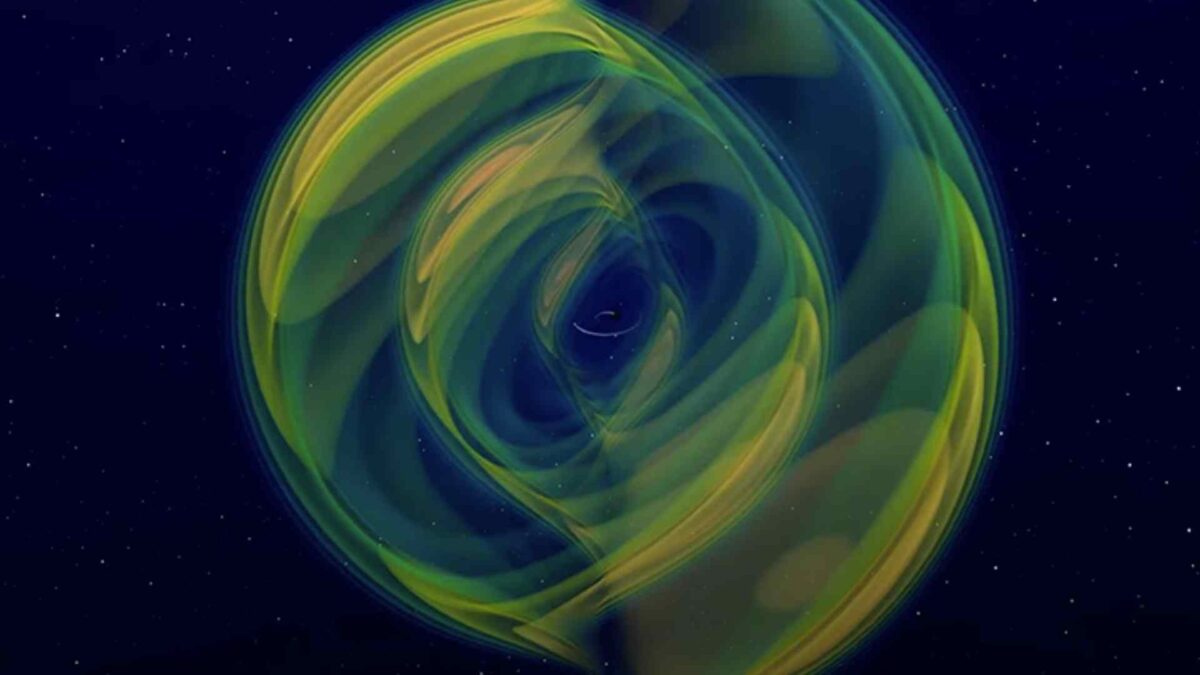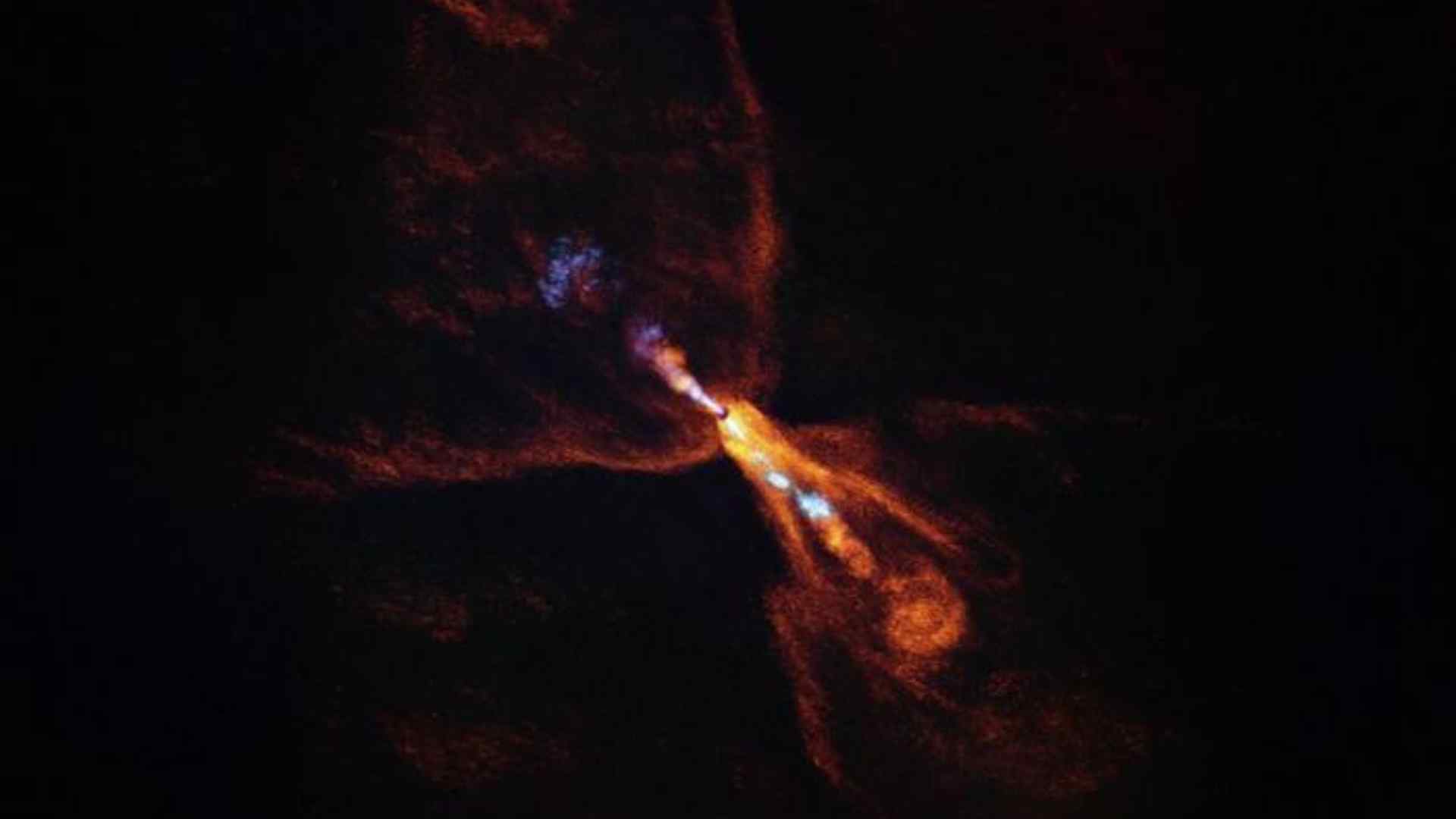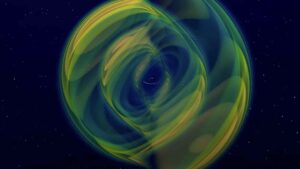
WATCH: Irish Researchers Unveil Breakthrough in Black Hole Analysis

A team of Irish and UK researchers has developed a groundbreaking new method for analysing gravitational waves — a breakthrough that could significantly deepen our understanding of black holes.
The collaborative project, involving University College Dublin, the University of Portsmouth and the University of Southampton, has introduced a technique that combines multiple gravitational-wave models into a single, more accurate algorithm.
The new approach, published in Nature Astronomy, allows scientists to extract better data from the fleeting signals caused by colossal cosmic events such as black hole collisions.
“When a gravitational wave passes through Earth, we capture just a brief signal,” said Dr Charlie Hoy of the University of Portsmouth. “To figure out what caused it, we compare it against millions of theoretical waveforms — but no model is perfect. Our method accounts for that uncertainty, giving more precise results.”
Dr Sarp Akcay from UCD added that the method “enables the incorporation of many state-of-the-art gravitational wave models into one analysis, prioritising the most accurate and tightening constraints on black hole properties.”
Gravitational waves, first directly detected in 2015, have since opened a new window on the universe. This latest advance could become a key tool in ground-based astronomy, helping scientists better understand black hole mass, spin, and their role in shaping the cosmos.
Share this WeathÉire story:





















